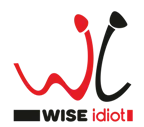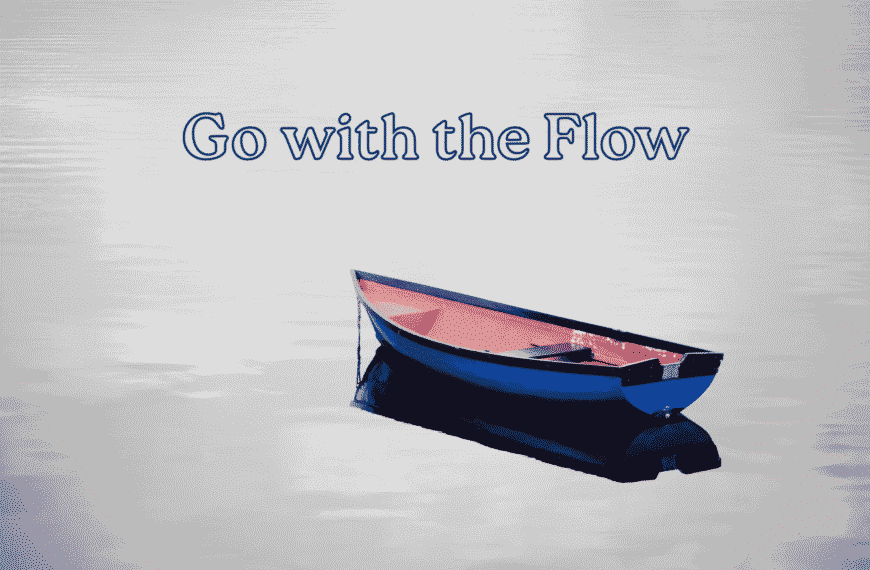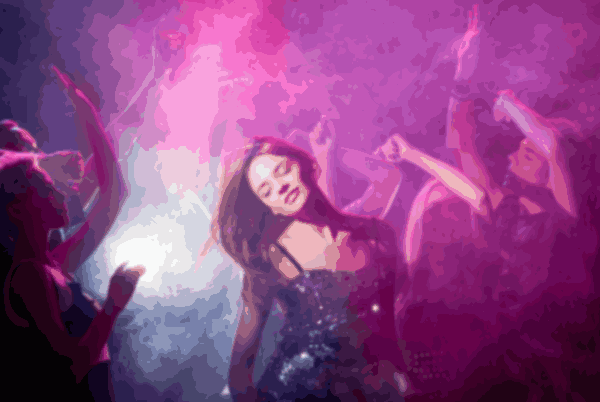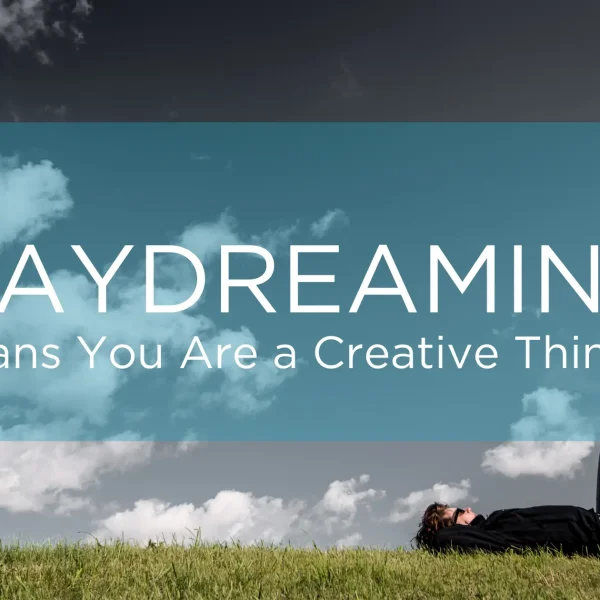
On a fundamental level there is only one thing we are looking for and that is to maintain our way of life.
It does not matter to us that our way of life has changed over the years – that we have changed it ourselves slowly without us even realising that we have done so.
And maintaining this way of life becomes paramount to us – more important than anything else. This is why we see so much bias in the thinking of those around us – usually forgetting that these biases also exist in us.
The biases we have help us and harm us. But we see only how they help us – unknowingly acknowledging these biases as values, customs and our sense of identity. What we don’t realise is that it is a two way street. Just like too much of a good thing is bad, so is the case with this.
Finding justification in only our identity – linguistic, racial, religious, regional and more – was good when we were living localised lives. But now?
Now, these factors that give our identity need to be acknowledged and understood as that is the easiest and perhaps the only way we will be able to understand ourselves and perhaps find the inner peace we all seem to look for when things get difficult.
On the flip side, difficult times tend to make us more insular. We start looking for commonalities and a sense of who we are. This inadvertently creates the cycle of mistrust, in-group bias and us-vs-them mentality that chips away the foundation we tried to build earlier to create a better world.
What is the solution, then?
Perhaps to accept that there are no clear roads to this end. We have always searched for utopia but this promised land is impossible to reach when we cloud our vision with mental biases.
We have to get comfortable with uncertainty. This is not going to happen in the near future or even the distant. For this requires most of us to accept each other as part of a single family – understanding and surpassing all the barriers we have created over centuries and millennia. And in a world where attention span has been hijacked by instant gratification, a larger acceptance of this is impossible. Most of us do not have the mindspace nor the humility needed to achieve this end.
Despite this foundation of bias, the hope for a better life lies in individual acknowledgement and acceptance and taking practical steps to live in a world of our choosing. In a way, this is what makes us leave our childhood home for a better future. But just like that decision comes with difficult but necessary choices through our lives, so does living a life free from any biases so we can create the better version of ourselves and consequently, a better life.
Accepting this – a life of difficult but necessary choices – is a good way to start.



